Yakima: A Vibrant Hub In Washington State’s Heart
Yakima: A Vibrant Hub in Washington State’s Heart
Related Articles: Yakima: A Vibrant Hub in Washington State’s Heart
Introduction
In this auspicious occasion, we are delighted to delve into the intriguing topic related to Yakima: A Vibrant Hub in Washington State’s Heart. Let’s weave interesting information and offer fresh perspectives to the readers.
Table of Content
Yakima: A Vibrant Hub in Washington State’s Heart

Yakima, nestled in the heart of Washington State, stands as a testament to the region’s rich agricultural heritage and burgeoning economic dynamism. Located in the Yakima Valley, a fertile expanse renowned for its fruit production, Yakima serves as a vital center for agriculture, commerce, and recreation. This article delves into the diverse facets of Yakima, exploring its geography, history, economy, culture, and the unique qualities that make it a compelling destination for residents and visitors alike.
Geographic Significance
Yakima’s geographic location is crucial to its identity. Situated in south-central Washington, it sits at the confluence of the Yakima River and its tributaries, forming a verdant valley bordered by the Cascade Mountains to the west and the vast expanse of the Columbia Plateau to the east. This strategic location has played a pivotal role in the city’s development, influencing its climate, agricultural potential, and transportation infrastructure.
The Yakima Valley’s climate, characterized by long, hot summers and mild winters, is ideal for fruit cultivation. The region’s fertile soil, rich in volcanic ash, contributes to the abundance and quality of its agricultural products. This abundance has earned Yakima the nickname "The Fruit Basket of the Northwest."
Historical Tapestry
The history of Yakima is interwoven with the stories of the Yakama Nation, the indigenous people who have inhabited the region for centuries. The name "Yakima" itself originates from the Yakama language, reflecting the deep connection between the city and its indigenous heritage.
European settlers began arriving in the Yakima Valley in the mid-19th century, drawn by the promise of fertile land and agricultural opportunities. The construction of the Northern Pacific Railroad in the 1880s further boosted the region’s growth, facilitating transportation and trade.
Yakima’s early development was heavily influenced by agriculture, with fruit orchards and vineyards becoming the dominant economic force. The city’s infrastructure evolved to support this agricultural industry, with cold storage facilities, packing plants, and processing centers emerging.
Economic Engine
Today, Yakima remains a prominent agricultural center, with fruit production continuing to be a cornerstone of its economy. The region’s diverse agricultural output includes apples, cherries, pears, hops, and wine grapes, contributing significantly to Washington State’s agricultural revenue.
Beyond agriculture, Yakima’s economy has diversified in recent decades, with sectors like manufacturing, tourism, and healthcare gaining prominence. The city boasts a growing manufacturing base, with companies producing a wide range of products, including food processing equipment, agricultural supplies, and building materials.
Tourism plays an increasingly vital role in Yakima’s economic landscape. The city’s natural beauty, with its proximity to the Cascade Mountains and the Yakima River, attracts outdoor enthusiasts seeking hiking, fishing, camping, and skiing opportunities. The region’s wineries, breweries, and cultural attractions also draw tourists from across the state and beyond.
Cultural Tapestry
Yakima is a city where diverse cultures converge, creating a vibrant and welcoming atmosphere. The city’s rich history, intertwined with its indigenous heritage and the contributions of immigrants from various backgrounds, has shaped its cultural landscape.
The Yakima Valley Museum, a prominent cultural institution, showcases the region’s history, art, and culture, highlighting the contributions of the Yakama Nation and other communities. The city also boasts a thriving arts scene, with galleries, theaters, and music venues offering a diverse range of cultural experiences.
Recreation and Leisure
Yakima offers an abundance of recreational opportunities, appealing to residents and visitors alike. The city’s proximity to the Cascade Mountains provides access to a vast network of hiking trails, scenic drives, and world-class ski resorts. The Yakima River, a popular destination for fishing and kayaking, meanders through the city, offering picturesque views and recreational activities.
For those seeking urban leisure, Yakima offers a vibrant downtown area with shops, restaurants, and entertainment venues. The city’s parks and green spaces provide opportunities for relaxation, picnics, and outdoor events.
FAQs
Q: What is the population of Yakima?
A: As of the 2020 Census, Yakima’s population was estimated at 94,504.
Q: What is the climate like in Yakima?
A: Yakima experiences a semi-arid climate with hot, dry summers and mild, wet winters.
Q: What are the major industries in Yakima?
A: Agriculture, manufacturing, tourism, and healthcare are major industries in Yakima.
Q: What are some popular tourist attractions in Yakima?
A: Popular tourist attractions include the Yakima Valley Museum, the Yakima River, the Cascade Mountains, and the numerous wineries and breweries in the region.
Q: What are some tips for visiting Yakima?
A: When visiting Yakima, consider exploring the city’s agricultural heritage by visiting fruit orchards, wineries, and farmers markets. Enjoy the outdoor recreation opportunities, including hiking, fishing, and camping. Immerse yourself in the city’s cultural scene by visiting museums, galleries, and theaters.
Conclusion
Yakima stands as a vibrant hub in Washington State’s heart, blending its rich agricultural heritage with modern economic dynamism and cultural diversity. Its strategic location, fertile land, and diverse industries have propelled its growth, making it a thriving center for commerce, recreation, and cultural experiences. From its iconic fruit orchards to its scenic landscapes and diverse communities, Yakima offers a unique blend of natural beauty, historical significance, and modern amenities, making it a compelling destination for residents and visitors alike.

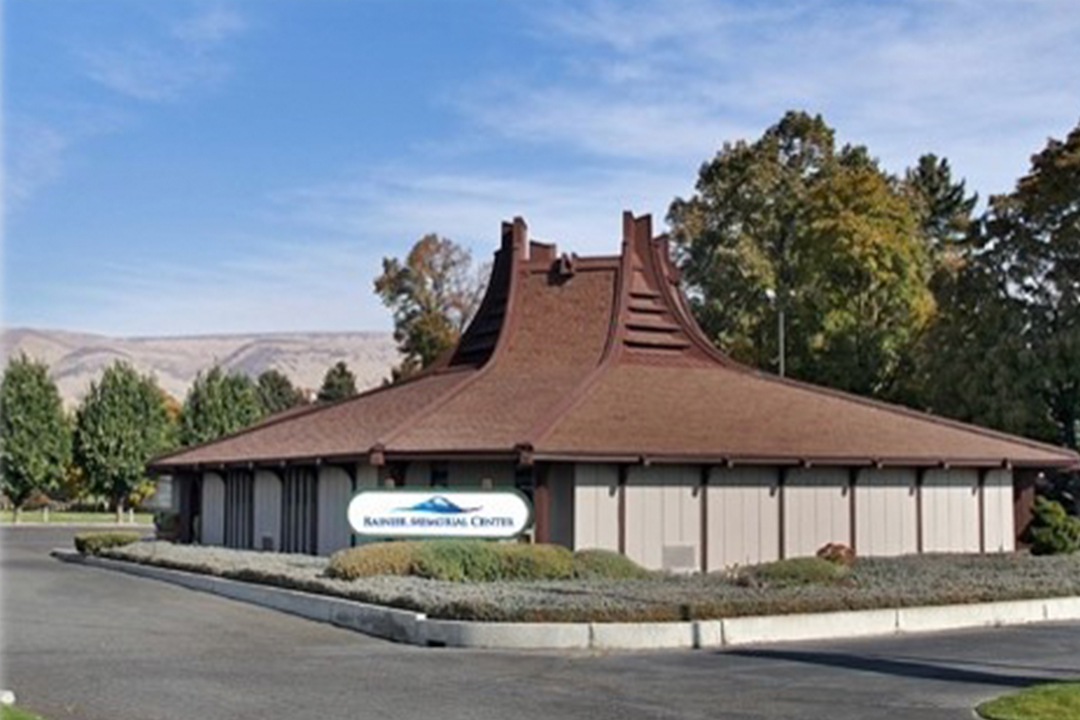
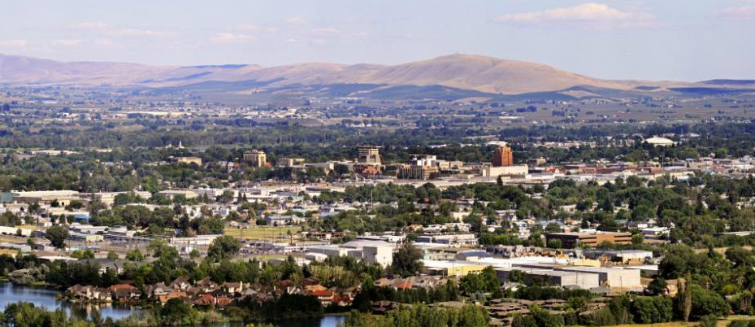

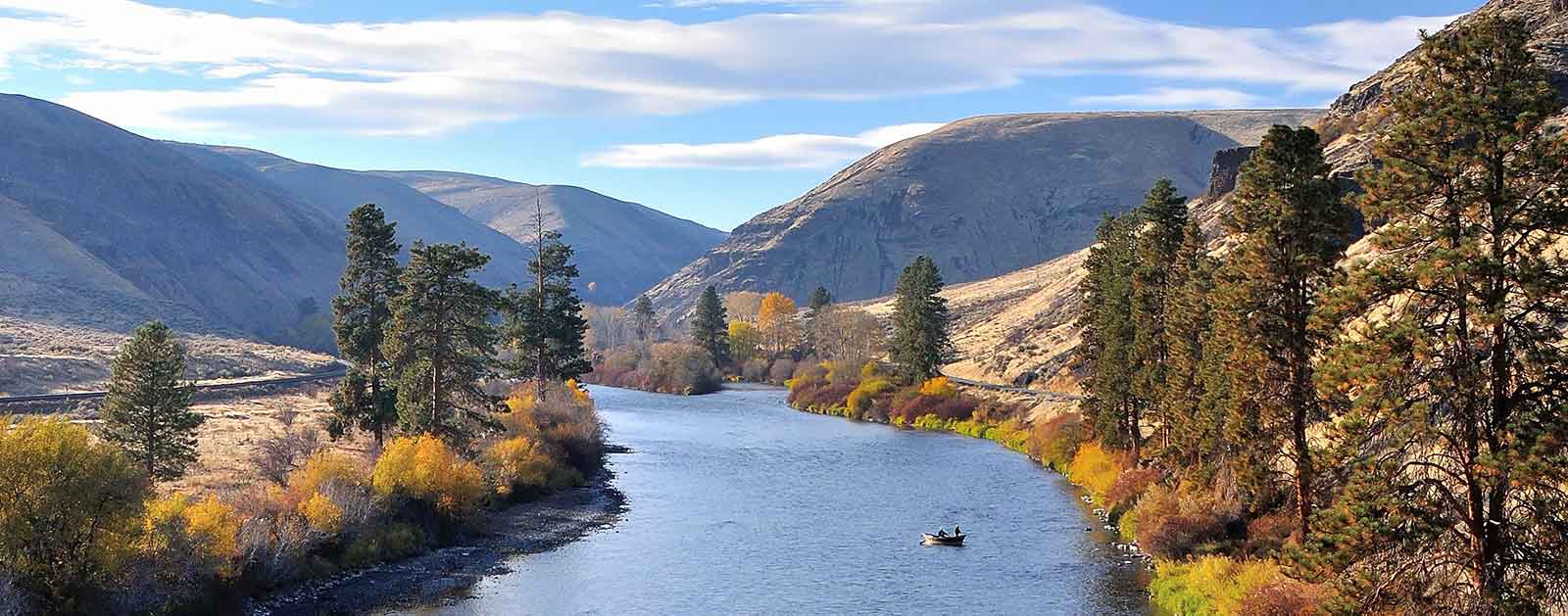
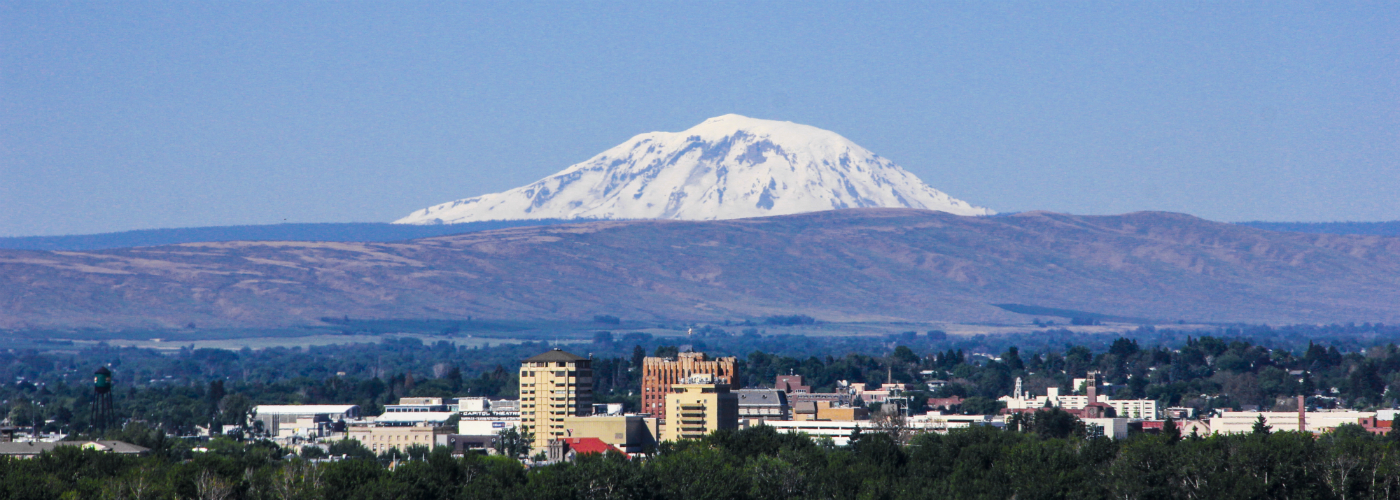

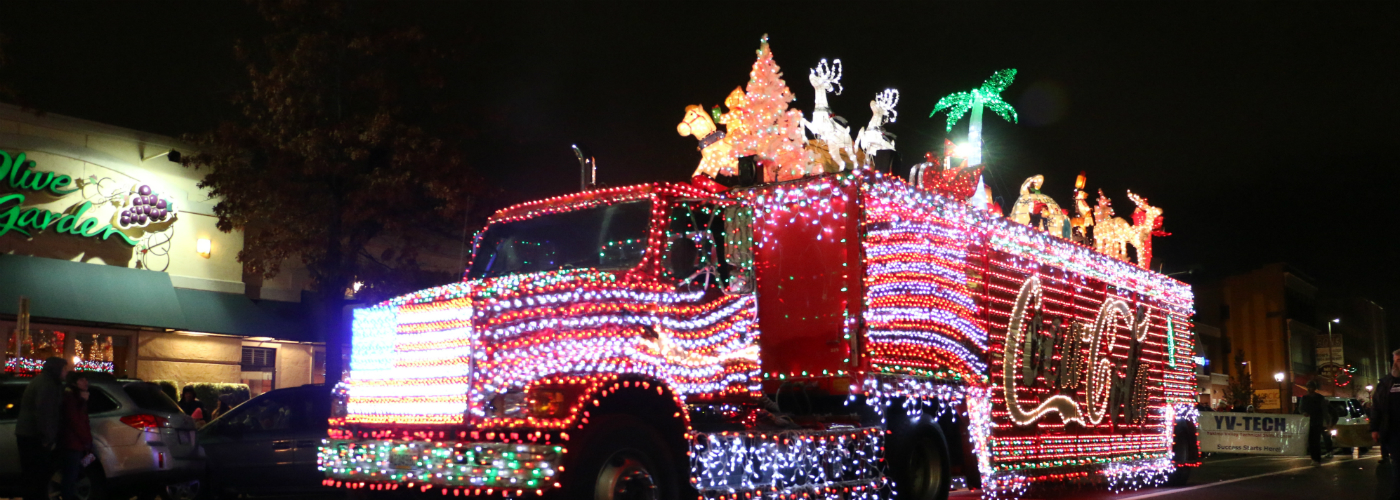
Closure
Thus, we hope this article has provided valuable insights into Yakima: A Vibrant Hub in Washington State’s Heart. We thank you for taking the time to read this article. See you in our next article!